One of the things that stands out to me about Oooku is how much is plays like a historical reenactment. It’s obviously a fantastical work in terms of premise, but I very much get the sense that if something like the MacGuffin of the series had happened, this is exactly how Japan would have responded. The impetus (and Kasuga, the ultimate conservative, is at the heart of it) is on making things appear to change as little as possible for as long as possible.
What becomes increasingly clear as the story progresses is how fruitless that is. Inside the palace the charade is kept up for the sake of appearances – the shogun dresses like a man, the “Six” are all powerful males, and the men of the Oooku train in the arts of war. But out in the real world hard practicality has already shattered the illusion in most ways. Merchant families were giving their businesses to female successors,, women were working the farms, and the Yoshiwara District had become a sad den of bedraggled, old, and sickly men rented out to women desperate to try and conceive a child.
Then the Great Kan’ei Famime hit (it did indeed occur during Iemitsu”s reign), which in Oooku seems to be the straw that broke the camel’s back. In point of fact there are close parallels to true history here, as the shogunate was worried about many of the same things Iemitsu is. The consolidation of land in the hands of a few wealthy landowners as the sharecroppers desert (or die). The consolidation of power as daimyo’s lines die out, and are scooped up by others. This was especially dangerous for the shogunate – both in real and fictional history – because each of those more-powerful nobles posed a potential thread to Iemitsu’s power.
Among the nobility presenting themselves to the (fake) shogun, we have daughters being presented as sons (again, among these select few the charade continues). Iemitsu shrewdly issues orders to try and stem the threat, none of them remotely addressed to the root causes. She and Gyokuei do sort of hit it off (as Arikoto thought they would). I don’t know what to make of that monk randomly telling the child Gyokuei that he “looked like someone who would father a ruler” – maybe it was based on some actual legend I’m unfamiliar with – but it’s enough of a Chekov’s Gun that I think we can assume it means what it seems to.
With the impending demise of Kasuga, it seems pretty clear that the trappings of the old system are really going to start sloughing off now. Kasuga was the primary defender of the status quo (in truth, the appearance of it) – with her out of the picture this alternative history will likely be unleashed to run its course, and the world of Oooku will come to resemble its historical counterpart less and less.


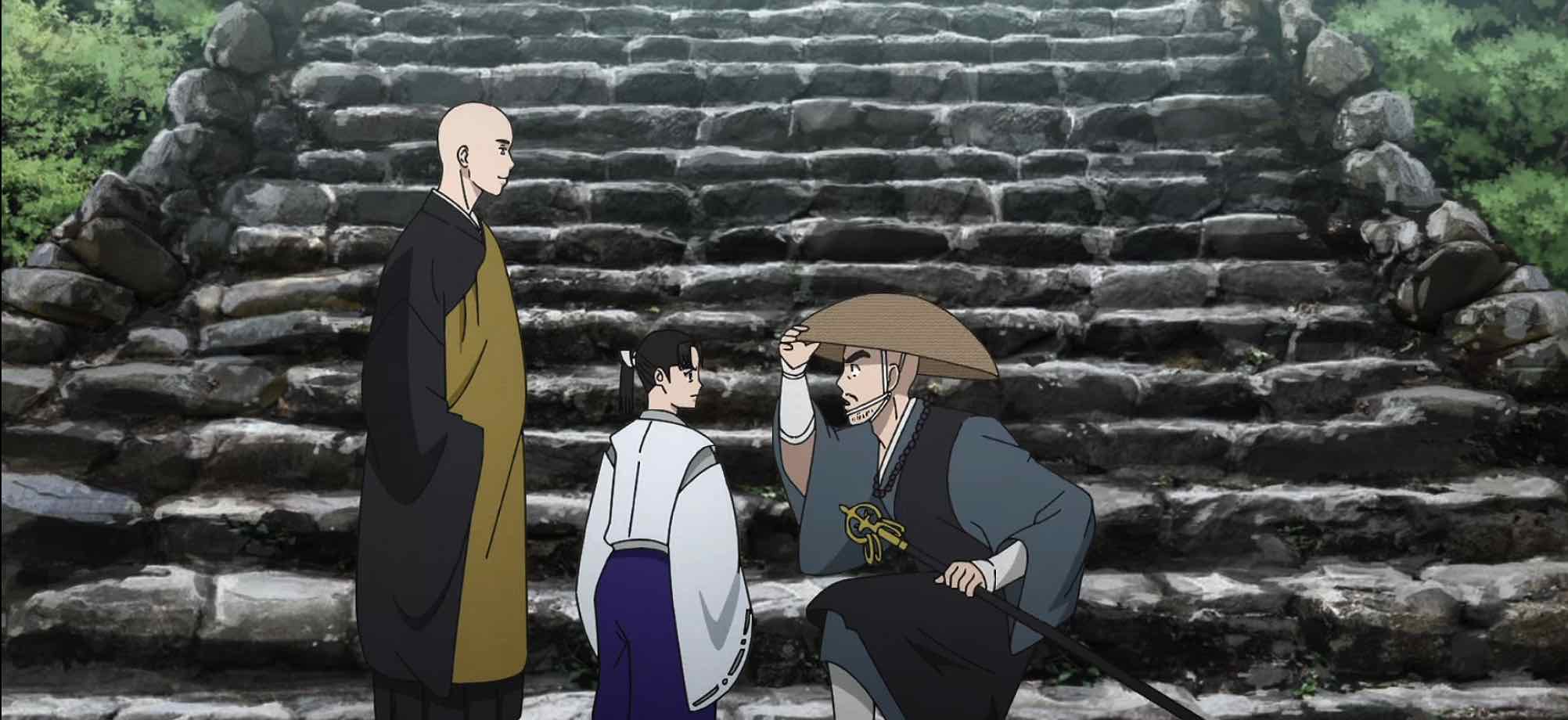
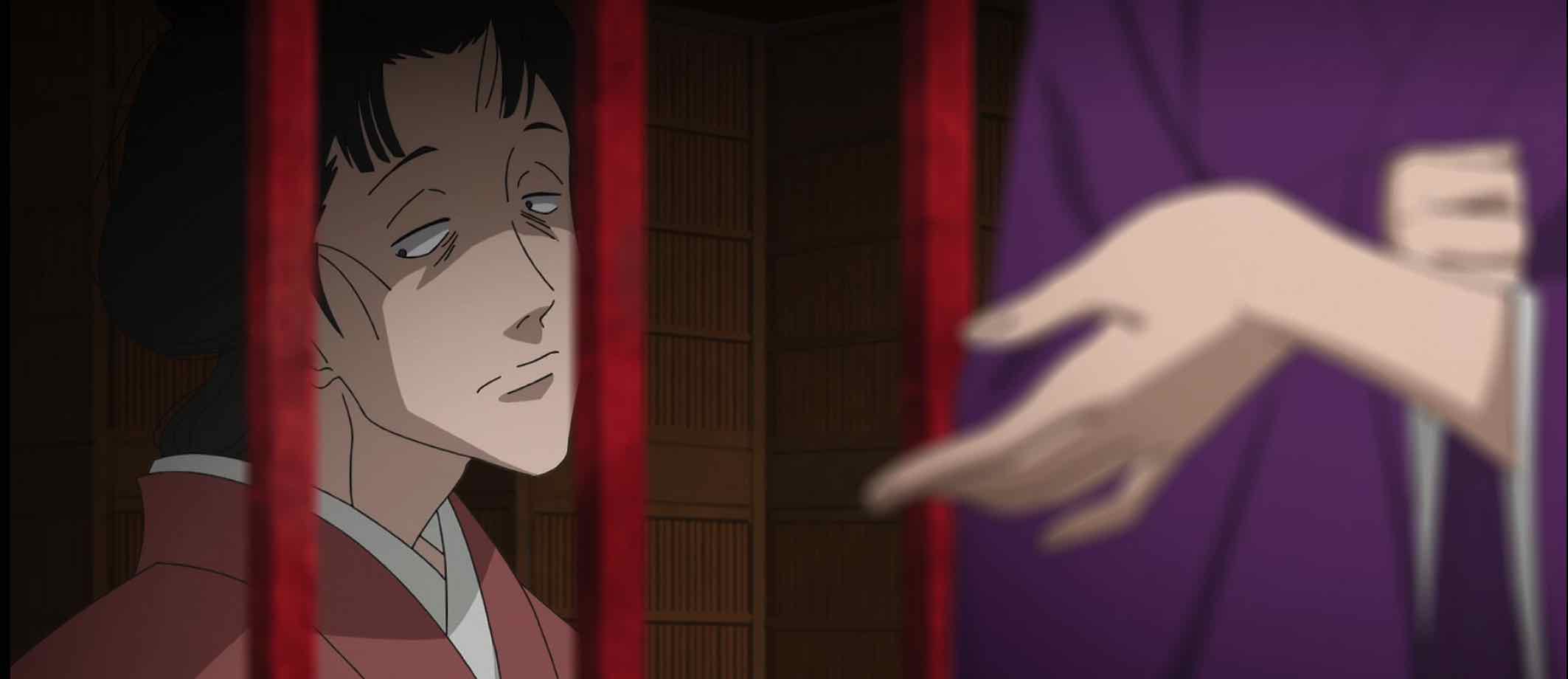
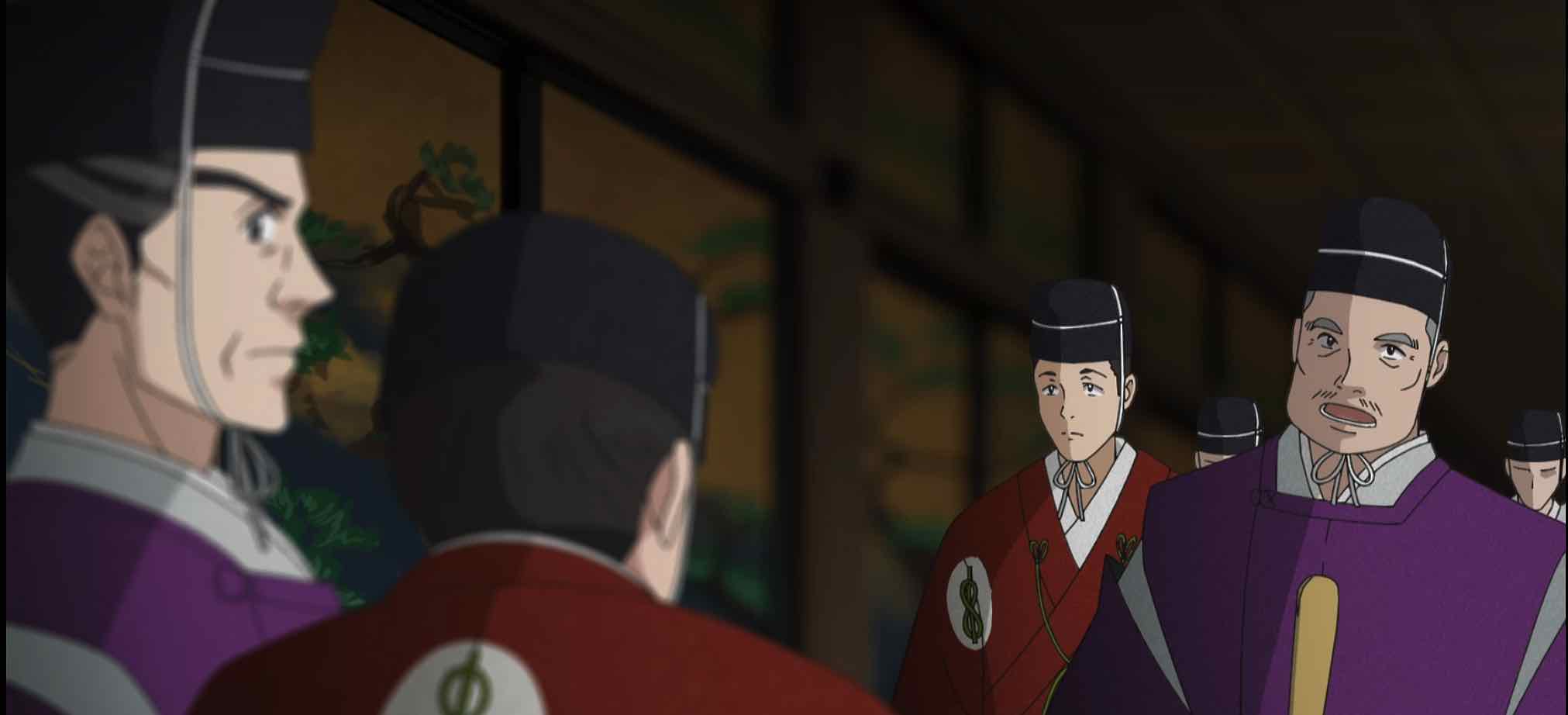
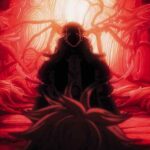
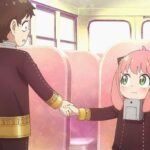
Raikou
July 31, 2023 at 1:30 pmYeah, this series is really well-written in the ‘what-if’ scenario.
Kasuga’s incoming death will be a big turning point. Seems like it will take a while to go back to present time.
Hope it would get more seasons along the way.
Guardian Enzo
July 31, 2023 at 7:08 pmKinda feels miraculous that it got even one TBH.